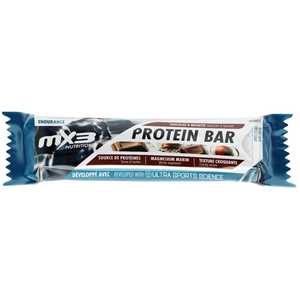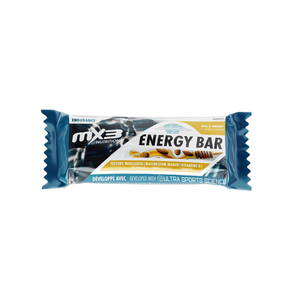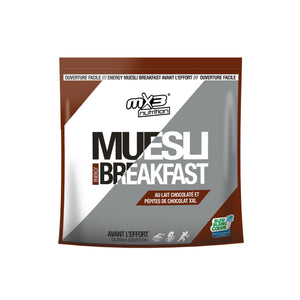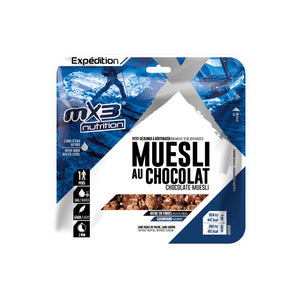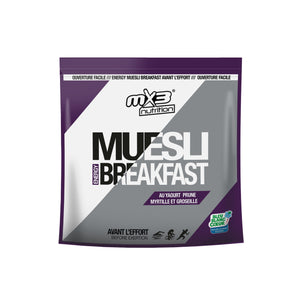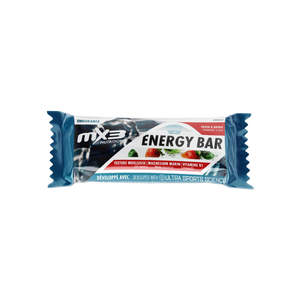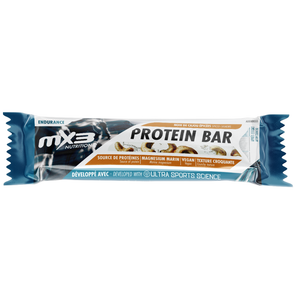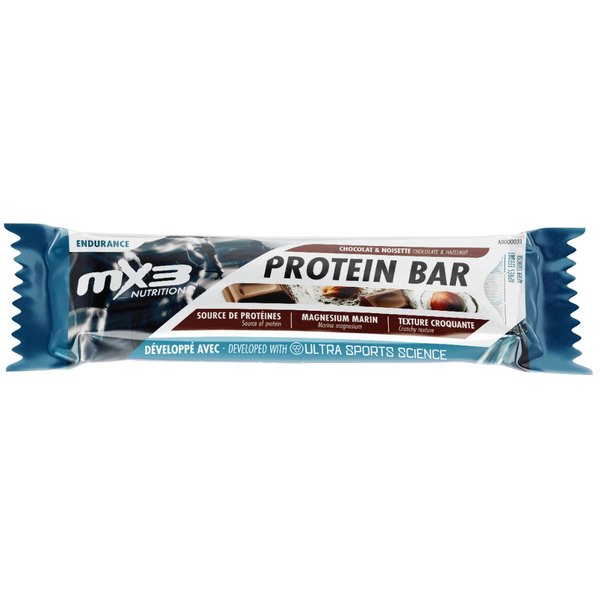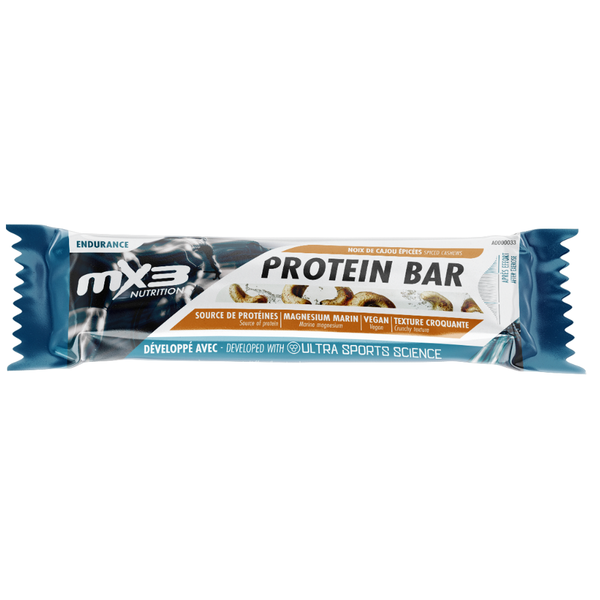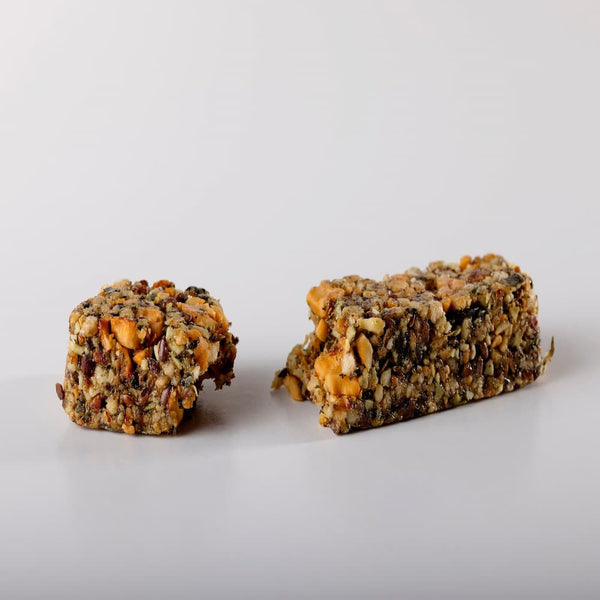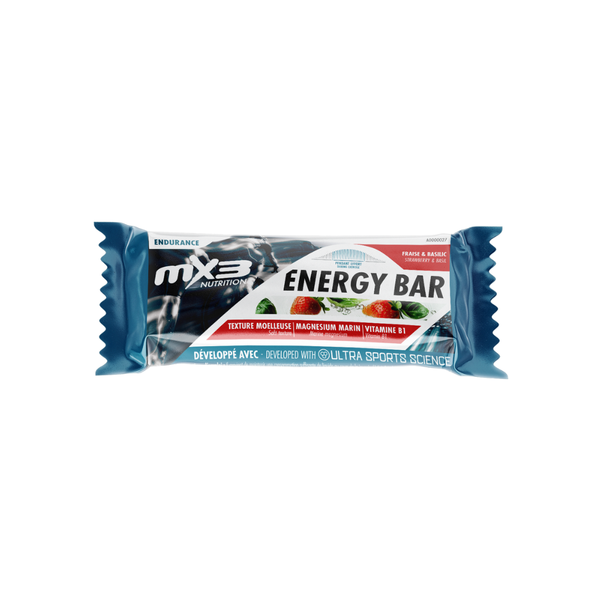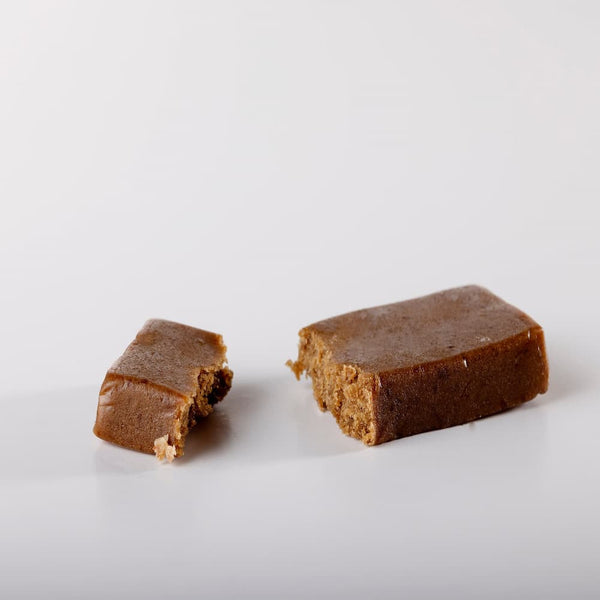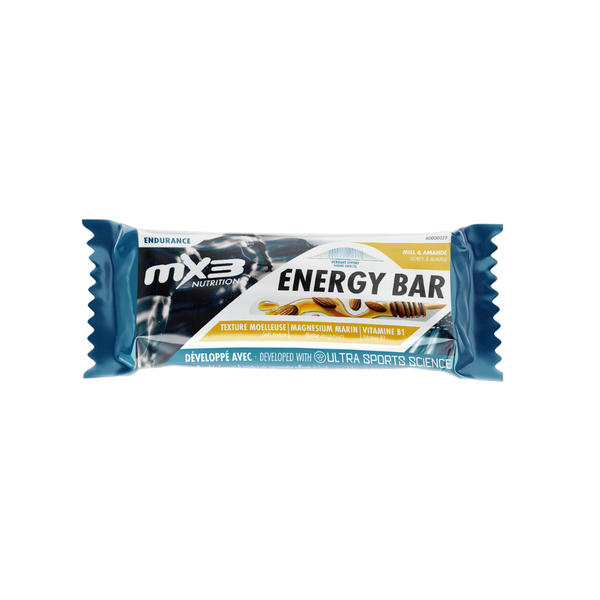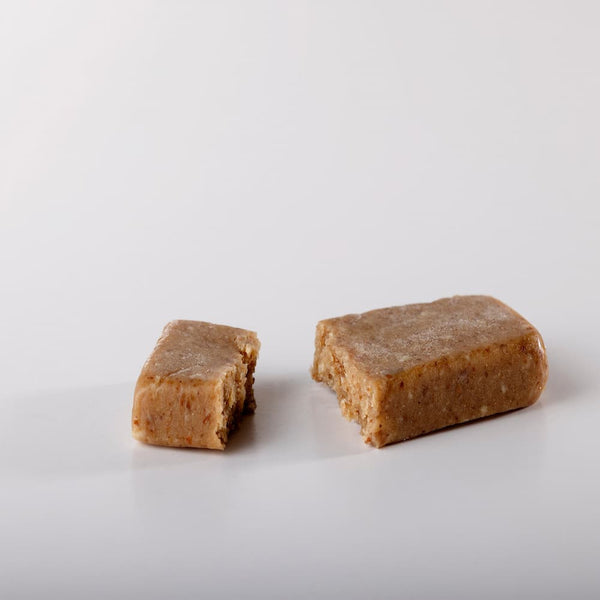Understanding Oxidative Stress: A Quick Guide
Oxidative stress is a complex biological process that occurs when our body produces an excess of free radicals, unstable and reactive molecules, without sufficiently neutralizing their harmful effect. This imbalance between the production of free radicals and the body's ability to neutralize them can lead to cellular damage and contribute to the development of various diseases and conditions.
Oxidative stress in its broad outlines
Causes of oxidative stress
Oxidative stress can be triggered by a variety of factors, including:
- Exposure to air and environmental pollutants
- Smoking and excessive alcohol consumption
- An unbalanced diet rich in saturated fats and sugars
- Chronic stress and fatigue
- Intense and prolonged physical exercise
- Ultraviolet radiation from the sun
The consequences of oxidative stress
Oxidative stress is associated with a wide range of health problems, including:
- Premature aging of skin and tissues
- Cardiovascular diseases, such as atherosclerosis and stroke
- Neurodegenerative diseases, such as Alzheimer's disease and Parkinson's disease
- Chronic inflammatory disorders, such as arthritis and autoimmune diseases
- Cancers, due to damage to the DNA of cells
Combat oxidative stress
Fortunately, there are ways to reduce oxidative stress and protect our bodies from its harmful effects:
- Eat a balanced diet rich in antioxidants, found in fruits, vegetables, nuts and seeds
- Limit your consumption of toxic substances, such as tobacco and alcohol
- Exercise regularly to promote blood circulation and strengthen the immune system
- Manage stress and promote mental well-being through meditation, yoga or other relaxation techniques
- Use skin care products and supplements containing antioxidants to protect skin from oxidative damage
Decoding the symptoms of oxidative stress: what you need to know
There are many symptoms that can indicate the presence of oxidative stress in our body. Here is an overview of the signs to watch for:
Fatigue and exhaustion
One of the first signs of oxidative stress is a feeling of persistent fatigue and general exhaustion, even after adequate rest. This feeling of chronic fatigue can be caused by cellular damage and disruptions in energy production at the cellular level.
Premature aging
Oxidative stress accelerates the aging process by damaging skin cells and tissues, which can manifest as the premature appearance of wrinkles, fine lines, dark spots and other signs of skin aging.
Skin problems
Oxidative damage can lead to a deterioration in skin health, manifesting in problems such as acne, eczema, dry skin, redness and irritation.
Sleep disorders
Oxidative stress can disrupt natural sleep cycles, leading to difficulty falling asleep, frequent nighttime awakenings, and unrefreshing sleep. This sleep disruption can worsen daytime fatigue and exhaustion.
Susceptibility to infections
An immune system weakened by oxidative stress can make the body more susceptible to bacterial, viral and fungal infections, leading to frequent colds, respiratory tract infections and other infectious conditions.
Digestive problems
Oxidative stress can affect digestive health by disrupting the balance of beneficial bacteria in the gut, which can lead to digestive issues such as bloating, gas, diarrhea, and constipation.
Difficulty concentrating
Oxidative damage can affect brain function and mental clarity, leading to difficulty concentrating, memory impairment, and decreased cognitive performance.
If you experience any of these symptoms persistently, it is advisable to consult a healthcare professional to assess your condition and determine what steps can be taken to reduce oxidative stress and improve your overall well-being.
Oxidative stress in athletes: understanding the risks and solutions
For athletes, particularly those involved in endurance activities, oxidative stress can have significant consequences for performance, recovery, and overall health. Here’s an overview of the risks associated with oxidative stress in athletes and strategies to prevent it:
Risks for athletes
Decreased performance
Oxidative stress can lead to premature muscle fatigue, decreased strength and endurance, which can compromise athletic performance.
Delayed recovery
Oxidative damage can prolong recovery time after exercise, which can lead to incomplete recovery and increased risk of injury.
Increased risk of injury
Free radicals can damage muscle, joint and tendon tissue, increasing the risk of sports injuries such as sprains, strains and muscle tears.
Impact on the Immune System
Oxidative stress can weaken the immune system, making athletes more susceptible to infections and illnesses, which can disrupt training and competition.
Prevention strategies
Antioxidant Diet
A diet rich in antioxidants, such as vitamins C and E, flavonoids and carotenoids, can help neutralize free radicals and reduce oxidative stress. Fruits, vegetables, nuts, seeds and foods rich in omega-3s are particularly beneficial.
Supplementation
Athletes may consider taking antioxidant supplements to support their health and performance. However, it is important to consult a healthcare professional to determine individual needs and avoid oversupplementation.
Stress management
Practicing relaxation techniques, such as meditation, deep breathing, and yoga, can help reduce oxidative stress by regulating levels of the stress hormone cortisol.
Adequate hydration
Adequate hydration is essential to prevent oxidative stress, as water helps flush toxins and metabolic waste from the body. By incorporating these prevention strategies into their training routine and lifestyle, athletes can reduce the risk of oxidative stress and optimize their athletic performance and overall health.
Freeze-dried food: a solution against oxidative stress in athletes
When it comes to providing athletes with nutrition that meets their energy and nutritional needs, freeze-dried food can be a valuable option, especially for those involved in endurance sports. Here’s how freeze-dried food can help reduce oxidative stress in athletes:
Nutrient Preservation
Freeze-dried food involves a process of dehydrating food in a cold environment, which helps preserve most of the essential nutrients, including vitamins, minerals and antioxidants. These nutrients are essential for neutralizing free radicals that cause oxidative stress.
Easy transport and storage
Freeze-dried foods are lightweight, compact and have a long shelf life, making them ideal for athletes who need convenient, easy-to-carry nutrition when traveling, whether for training or competitions.
Convenient and instant power supply
With freeze-dried food, simply add hot water or cold water for some products to obtain a nutritious and satisfying meal in just a few minutes. This allows athletes to benefit from a balanced diet even when they are pressed for time.
Variety and quality of food
Freeze-dried meals are available in a wide variety of flavors and ingredient combinations, providing athletes with a diverse choice to meet their specific preferences and nutritional needs.
In summary, freeze-dried food can be a convenient and effective option for athletes looking to reduce oxidative stress by maintaining a healthy and balanced diet, even when they are on the go. By wisely incorporating freeze-dried meals into their diet, athletes can benefit from a reliable source of essential nutrients to optimize their performance and promote their recovery after exercise .

